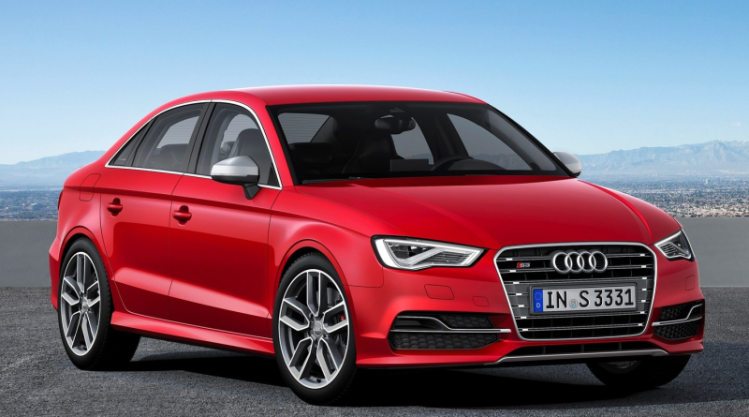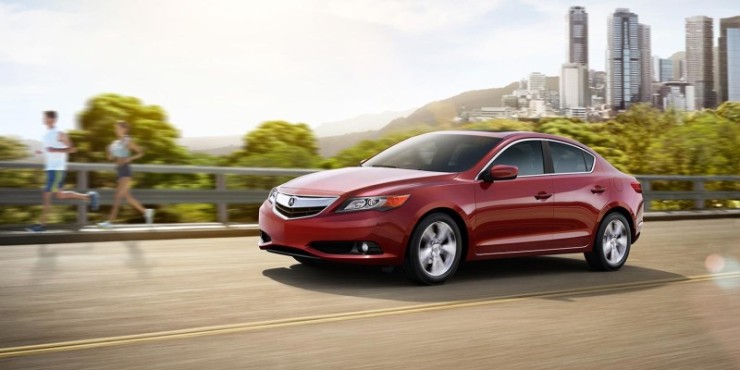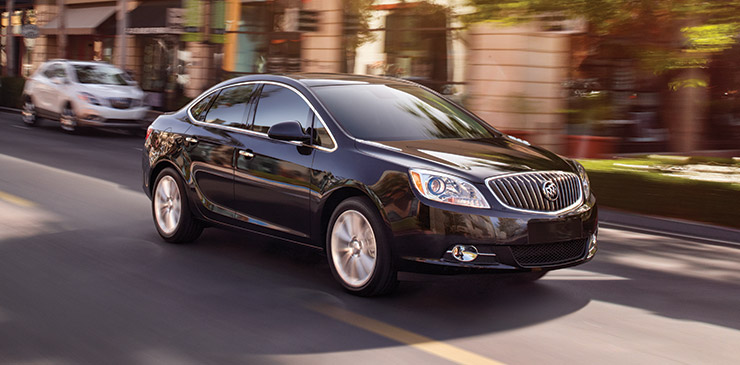
A luxury car is an ideal – something to dream of, save up for and perhaps, one day, acquire. You may certainly not need a luxury car – the same way you don’t really need a piece of jewellery – but you wouldn’t mind having one all the same, if you could afford it.
But, the big question for many car shoppers is not whether they can afford a luxury car, but whether luxury cars are actually worth the hefty price tag they so often command. Keri Potipcoe, a featured author at Sun Media and The Autonet along with several other renowned automotive outlets, including her own publication, KeriBlog, weighs in on the issue…
Benefits of Owning a Luxury Car
It’s logical to assume that luxury cars must be so costly because of all the benefits they have to offer. But, if that is the case, then what are those benefits?
“You’re buying the best, or like the cliché says, you get what you pay for,” says Potipcoe. “Better finishings and materials, technology and aids that’s riding on premium rims and powered by a high-performance engine.”
In other words, luxury cars aren’t better because they have some specific component that mainstream cars don’t, but because everything they have to offer – from materials to mechanical parts – is of top quality. Branding and superior customer service play a crucial role in all of this as well.
According to the J.D. Power 2015 U.S. Customer Service Study, luxury brands have scored 852 points out of 1,000 on average – 60 points higher than their mainstream counterparts. Out of all the brands, Jaguar and Lexus have made it to the very top, scoring 877 and 870 points, respectively.
When it comes to branding, most of us really do expect more from brands like BMW and Mercedes than the likes of Honda and Kia. It’s not because Honda or Kia can’t deliver top-quality products, but because no one expects them to be super luxurious. This gives luxury car owners special bragging rights that the rest of car owners don’t have.
“We’re cultured/programmed to just feel better when we have some sort of badge of distinction and all the psycho-social and cultural goodies that are attached to said badge,” Gary Payton wrote in a post on Quora. “That’s what the brand and associated design/appearance of luxury cars gives: a badge of distinction.”
Are any of these benefits truly essential? Maybe not, but they are still benefits.
Is It Financially Responsible to Buy a Luxury Car?
Whether purchasing a luxury car is a financially responsible decision or not would depend squarely on your income and financial circumstances. For instance, if you are about to buy a $60,000 luxury sedan with a yearly income of about $40,000 a year and a couple of kids to support, then you are probably making a huge mistake.
“That scenario sounds like an emotional purchase, which is never a good idea – logic first always!” says Potipcoe. “Because remember, the novelty wears off long before the monthly payments.”
Always consider your needs before your wants. If you have a family that requires a lot of space, then you should consider a crossover SUV, not a similarly-priced luxury sedan. A luxury crossover may also suit your needs, but prices on sizeable luxury vehicles like the Mercedes-Benz M-Class start at $60,000, so you’ll probably dismiss this idea relatively quickly.
“It’s not just the initial vehicle purchase that’s pricier, the whole ownership is,” says Potipcoe. “Insurance costs will be higher, as will maintenance, repairs, gas, tires and so on. Plus you’ll probably find yourself parking further from the door, where the lot is emptier and there’s less chance of the car being hit.”
If you still really want a luxury vehicle, then you may consider buying a used one, though we do not condone such a decision. Potipcoe says buying a used luxury car is certainly an option, but she warns that not every seller is trustworthy.
“Purchasing from a stranger you found on the internet is a no,” she says. “Instead, buy it through a dealership’s Certified Used Vehicle program. That way the vehicle has undergone extensive mechanical and appearance reconditioning, a multiple-point inspection and often comes with an extended warranty. Lastly, make sure to obtain a vehicle history report via CarProof.”
Luxury-Like Alternatives: Do They Even Exist?
If you are looking for a new “luxury-like” car that costs as much as a Honda Civic, then you may be out of luck.
“There is no such thing as ‘affordable luxury,’ that’s an oxymoron,” says Potipcoe.
One of the reasons why luxury cars are a “luxury” is because they cost a pretty penny. But, it’s not all bad – Potipcoe insists that most mainstream cars today possess many qualities that have been previously reserved for luxury vehicles only.
“Many entry-level vehicles now come surprisingly well-equipped and offer luxury-like features such as navigation, Bluetooth, voice recognition, keyless entry and a heated steering wheel. It just won’t have that coveted high-end badge on the grille.”
The moral of the story is that you shouldn’t feel too left out when buying an entry-level vehicle. Sure, you won’t get that extra bit of polish that luxury cars offer, but you won’t be too far off either. And just in case you do feel left out, here are some nice entry-level luxury vehicles that you may consider:
2015 Mercedes-Benz CLA-Class
MSRP: $34,600

2015 Audi A3
MSRP: $31,600

2015 Acura ILX
MSRP: $28,190

2015 Buick Verano
MSRP: $23,970











